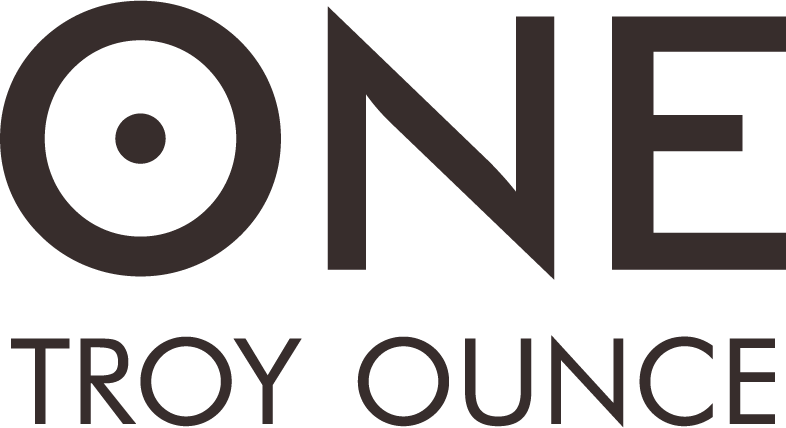Money laundering is a global issue that poses significant risks to the integrity and stability of financial systems. To combat money laundering and terrorist financing, governments around the world have enacted strict regulations to ensure transparency and compliance within the financial sector. In Ireland, the buying and selling of precious metals, such as gold and silver, are subject to anti-money laundering (AML) legislation. In this blog post, we will explore the key aspects of AML legislation in Ireland as it pertains to precious metals and the responsibilities of dealers and investors.
- Irish AML Legislation
Ireland's primary anti-money laundering legislation is contained in the Criminal Justice (Money Laundering and Terrorist Financing) Acts 2010 and 2013, which transposes the European Union's Fourth and Fifth Anti-Money Laundering Directives into Irish law. These acts aim to prevent the use of the financial system for money laundering and terrorist financing by imposing various obligations on designated persons, including those dealing in precious metals.
- Dealers in Precious Metals
Under Irish AML legislation, dealers in high-value goods, including precious metals, are considered "designated persons." This means they are subject to various AML obligations, such as:
2.1 Customer Due Diligence (CDD)
Dealers must carry out customer due diligence when establishing a business relationship, carrying out a single transaction of €10,000 or more, or if they suspect money laundering or terrorist financing. CDD involves identifying the customer, verifying their identity, and obtaining information on the purpose and intended nature of the business relationship.
2.2 Record-Keeping
Dealers are required to maintain records of customer due diligence, transactions, and other relevant documents for at least five years. These records must be made available to competent authorities upon request.
2.3 Reporting Suspicious Transactions
If a dealer suspects that a transaction or attempted transaction is related to money laundering or terrorist financing, they must report this to the Financial Intelligence Unit (FIU) of An Garda Síochána, Ireland's national police service, without delay.
2.4 Staff Training
Dealers must ensure that their staff receive appropriate training on AML legislation, customer due diligence procedures, and the identification and reporting of suspicious transactions.
- Investor Responsibilities
While the primary responsibility for AML compliance lies with dealers, investors in precious metals should also be aware of the AML obligations that may apply to them. Investors may be required to provide proof of identity, proof of address, and other relevant documentation to comply with customer due diligence requirements.
In addition, investors should be vigilant when dealing with precious metal dealers and ensure they are dealing with reputable businesses that adhere to AML regulations. Engaging in transactions with non-compliant dealers could expose investors to legal and reputational risks.
The buying and selling of precious metals in Ireland are subject to strict anti-money laundering legislation, with dealers required to carry out customer due diligence, maintain records, and report suspicious transactions. Investors should be aware of their obligations under AML regulations and ensure they deal with reputable and compliant dealers. By adhering to these regulations, both dealers and investors can contribute to the fight against money laundering and the protection of the financial system.
If you liked this Blog, you may also like this one
Blog 28: The Cosmic Origins of Gold: Kilonova Explosions and the Birth of Precious Metals
You can also buy gold and silver bullion products on www.onetroyounce.com
